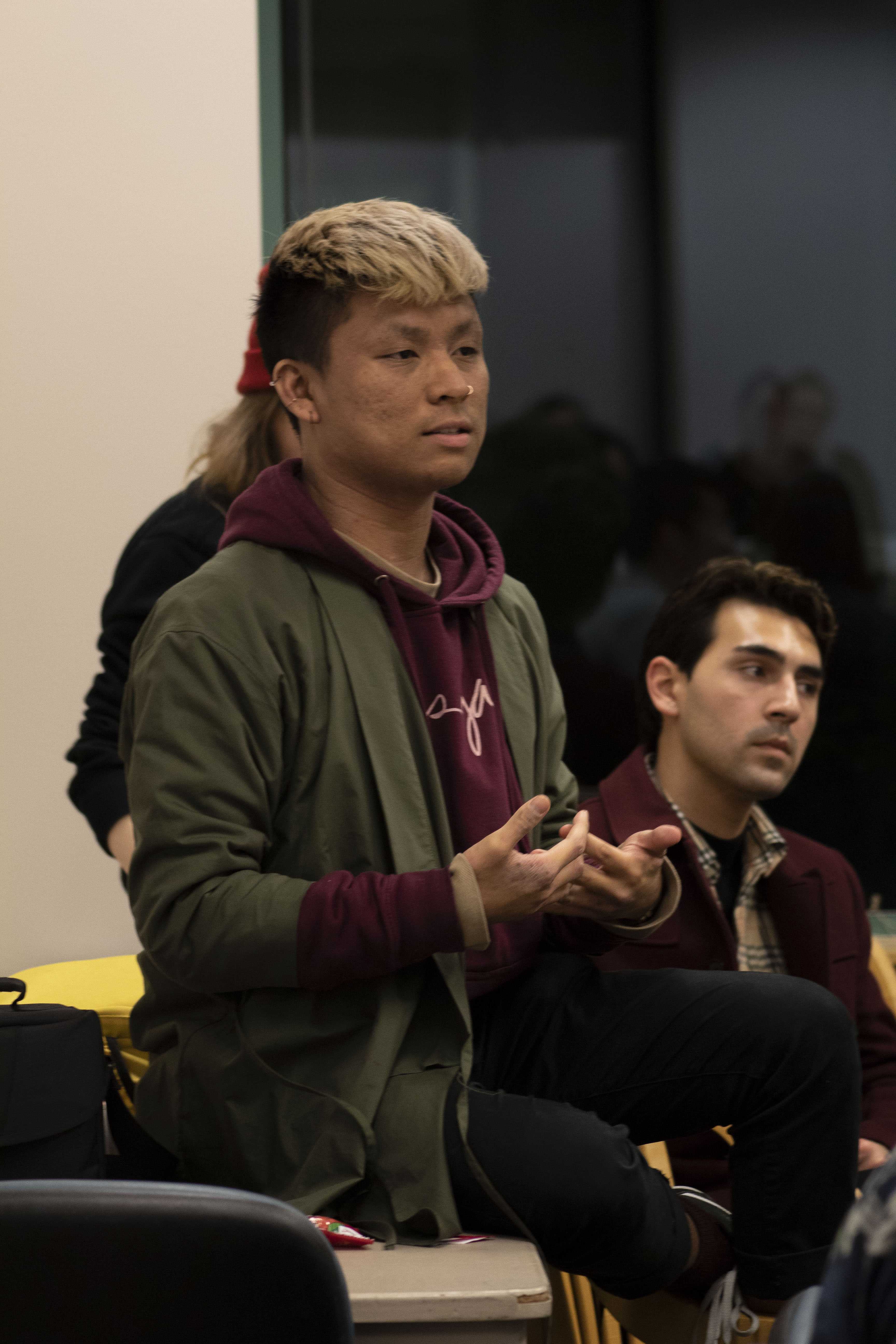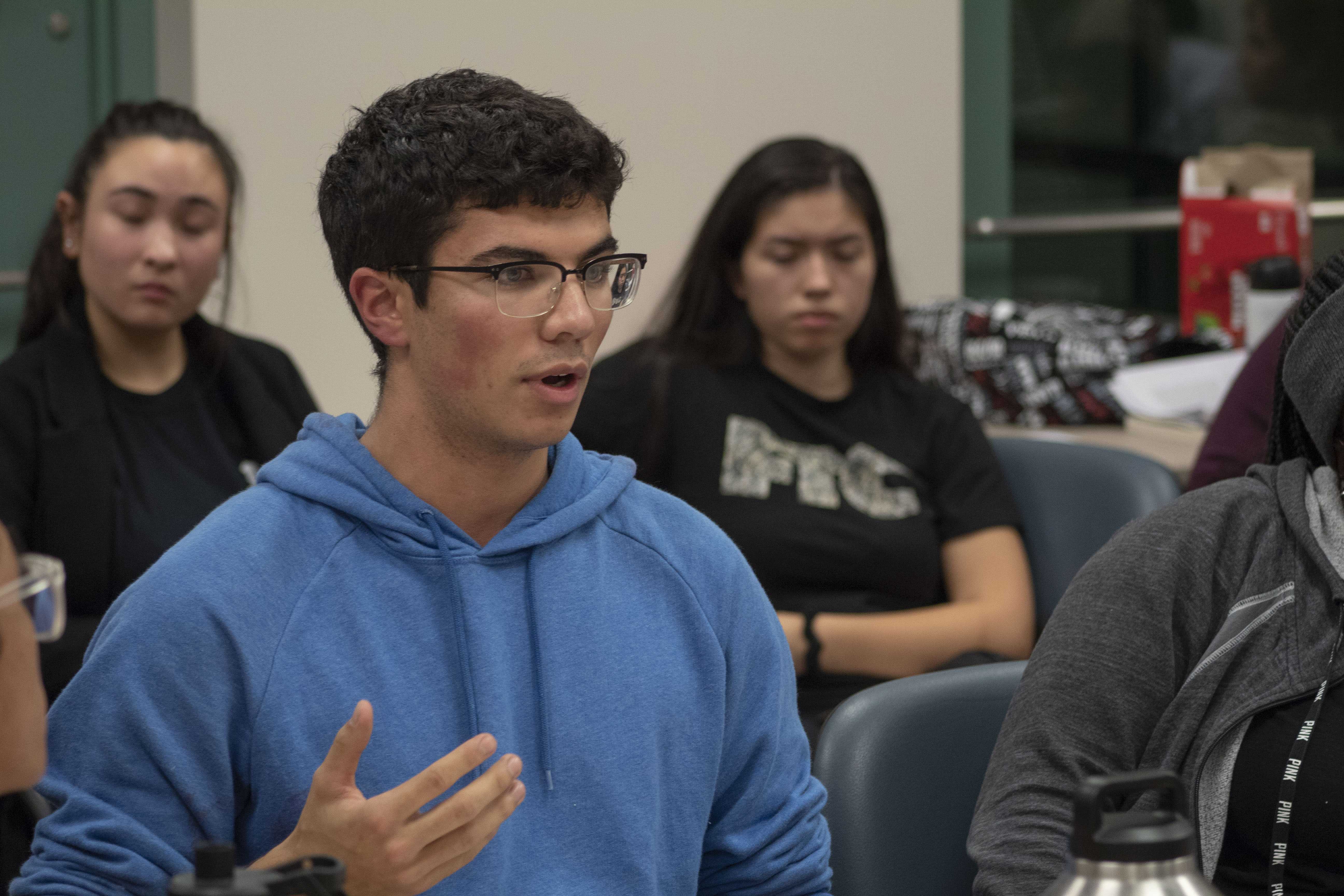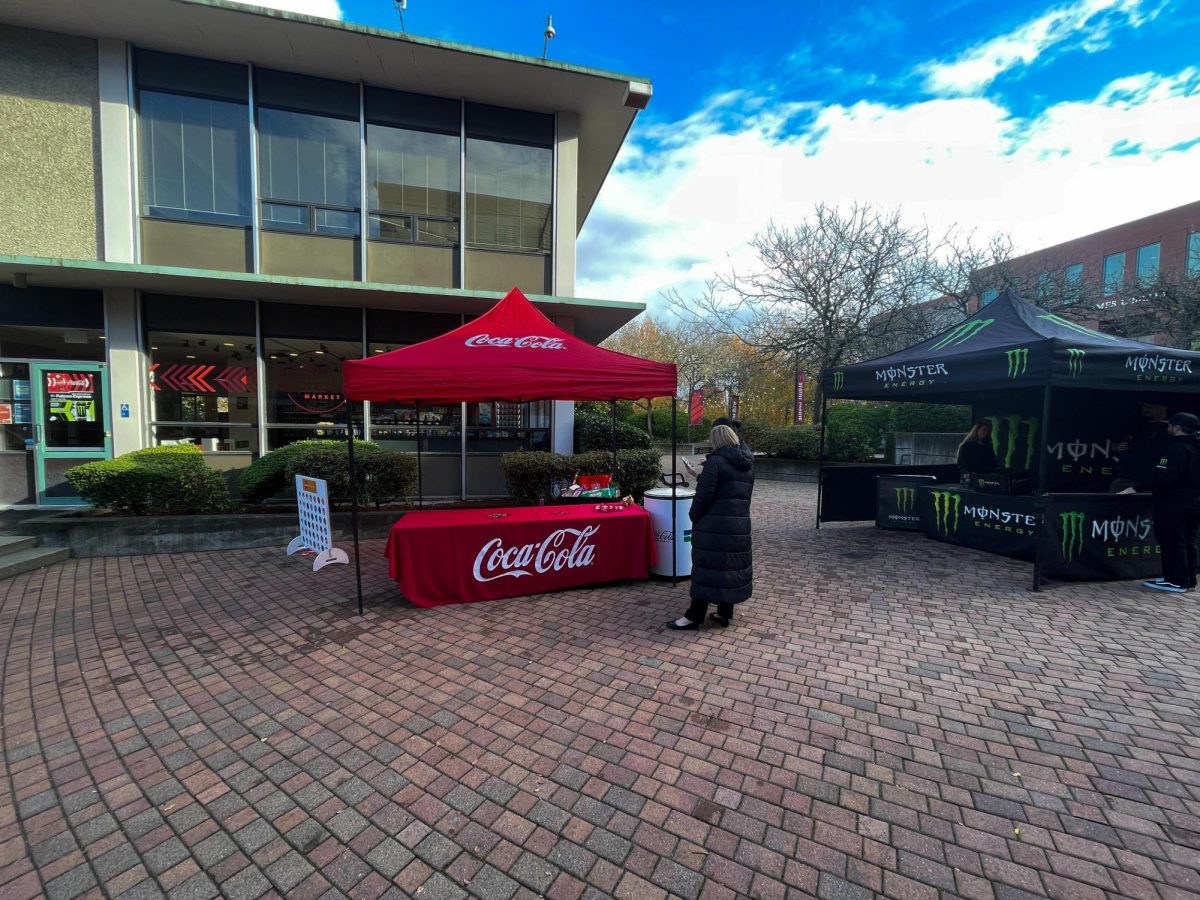Senators explain function of governmental body
Every week, a group of Seattle Pacific University students gather in the library seminar room. A sense of excitement builds among senators and ASSP members that are eager to begin.
SPU senate is a governing body made up of student senators from all across campus. The members’ job is to represent their respective areas of the student body: residence halls, undergraduate school majors, on-campus apartments and commuter students. Senators-at-Large are elected positions meant to represent the entire student body.

Although senate exists on campus, the details of its purpose and what it entails have not always been clear according to the student body.
When asked in an online interview what senate is, junior Ashley Wolf responded, “I think it’s like a board or committee that deals with social issues at SPU?” Another student Melissa Grace said, “I know very little … I know it exists and I know that they represent the student body.”
Student senators share one common goal: a dedication to produce change at SPU.
They aim to provide a platform for senators to voice concerns and ideas for their constituents. ASSP also provides updates on their role in the scheme of campus government and the impacts that events and policies will have on students.
Senator Jireh Redeque, representative for the school of education stated that, “senate is a bridge between the student body and upper administration where we can have a voice within our constituencies.”
Senator Liam Smith, representative of Arnett Hall, stated, “it is a governmental organization, and senate’s job is to address needs of students on campus,” reiterating what Redeque said.
From the school of psychology, Senator Austin Matzelle, spoke passionately during an in person interview about why students should definitely care about senate and why he personally wanted to join. “Senate is a community of leaders who have gone into positions where they can listen to peers and figure out what they want and then advocate through upper administration so things could actually change…and ultimately I want to make a real lasting difference. ”
But how can students get involved and why they might choose to do so? The first answer from every senator was the same: students should come to senate meetings.
It seems so simple, but it is not widely known that senate is open to the public and is held in the library seminar room every Monday night at 8 p.m. sharp. By observing senate, students gain a wide variety of knowledge about what is happening on their campus and they can learn how to enact their ideas as well.
Vice President of Campus Ministries Madyson Fulcher explained that, “senate can affect you, and it represents the idea that we are investing in people that will come after us as well, people don’t realize or care about that, but senate makes them care.”

There are several current plans in action that have stemmed from ideas produced by some of the senators and members of ASSP.
ASSP President Nathan Samayo is currently working on a food insecurity program where unused meal swipes would be directed to create block plans for students who might not have enough swipes or food to eat.
Senator Sara Liz Assaad and Matzelle are currently working on partnering NAMI (National Alliance on Mental Illness) and the the university counseling center to establish a program that could train students to become support group leaders for other students struggling.
Senators Joe Cagley and Lila Fowler presented just last week on their proposal to replace SPU’s Statement of Human Sexuality with a Statement of Affirmation. These are just a few examples.
This component of SPU is an important part of how student life is influenced on this university’s campus. Senators want students to “trust senate, and want students to come to [senate] and trust them to take their goals for school and bring them into something tangible,” Matzelle said.
They are committed to helping the student body and want to make waves of change throughout their time here.
“It is my goal to help forge a better campus where more people feel loved, included, and at home, like I do … and hope to spread love, grace and compassion throughout SPU in honest ways,” Hill Hall Senator Nate Canny said in an email.
Senate might not be the most well known attribute of university life, but it is important in producing the student activities and campus events that are attended. It is always open to the public, and provides resources for those interested like getting together with senators and weekly meeting minutes.



















































































